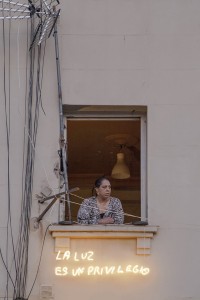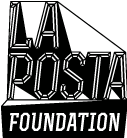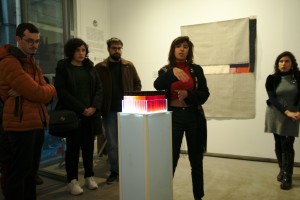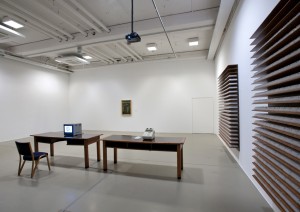On Saturday April 6, within the program of parallel activities carried out within the framework of the exhibition Feminist Plots ―a formulation of the LABi team (a project of the Master in Photography, Art and Technique of the Polytechnic University of Valencia in collaboration with La Posta Foundation)―, we had the opportunity to see a feminist video and installations sample (plus a guided tour), composed of the following works:
– “Loves me/loves me not” and “A series of Misunderstandings”, two video performances that approach the myth of romantic love, by María Camila Quintero Arango.
– “D.I.Y.”, an installation by Estefania Salas Llopis.
– “Light is a privilege”, a collaborative project by Beatriz Millón.
When we project video in La Posta, as in this case, we have the habit of leaving it later on our website, so that everyone who could not go to La Posta can enjoy it. On this occasion the works of María Camila Quintero are not public. These are work in progress that is evolving. María Camila Quintero (Medellín, Colombia, 1990) is now doing a Master’s degree at RMIT University, Melbourne (Australia). More about his work here @mmalicemalicia

María Camila Quintero, “Loves me/Loves me not” (2018)
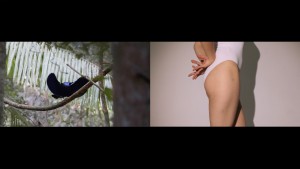
María Camila Quintero, “A series of misunderstandings” (2018)
So, we have put on screen a work by Estefanía Salas Llopis ―with Agustín Moreno― “Rip my flesh” (2016). A work that gives you to think. It deals with the relationship between girls and boys in a very close way. It would seem that in this work you can guess to see a post-patriarchal future.
On the other hand, Estefanía Salas participates in the exhition at La Posta with “DIY”, a work that brings to mind the installation of Alexander Tarakhovsky (scientist), “Epigenetic Reset” (2012), nucleic acid, enzymes, plastic, wood, metal, video, variable dimensions; that could be seen in the Documenta of Kassel 2012. Placed in 38 perfectly arranged shelves, 80,000 plastic tubes in ordered rows, contained small sheets of paper that transcribed 60,000 genes. In the center of the room (in the Fridericianum), an interactive device carried out DNA processing and provided samples for visitors to take home. The assembly of all this (which included the screening of a video “DNA sequencing of genes affected by fear”, a projection of shifting and trembling white dots on a black background, which visualizes the relationship between emotion and transmission genetic), expresses in the words of Alan Gilbert “a surprising and carefully elaborated demonstration of vanguard relations between the external environment and the deepest interiors of the body” [https://hyperallergic.com/53591/documenta-13s-art-laboratory/ ]
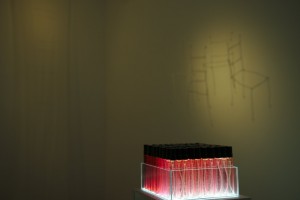
Estefanía Salas, D.I.Y.
Alexander Tarakhovsky (scientist), “Epigenetic Reset” (2012), Documenta 13 (in the background a painting by Dalí).
As for the work of Beatriz Millón “Light is a privilege”, the result of a collaboration with Gloria, a neighbor who suffers the ravages of high electricity prices (the possible benefits that the installation may produce go to help people with this problem), it is a work that was selected for the Mislata Biennial “Miquel Navarro” 2018.
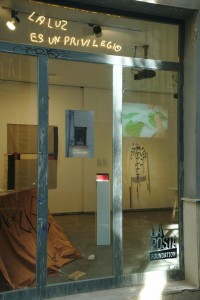
Beatriz Milló, “Light is a privilege” (2018)
